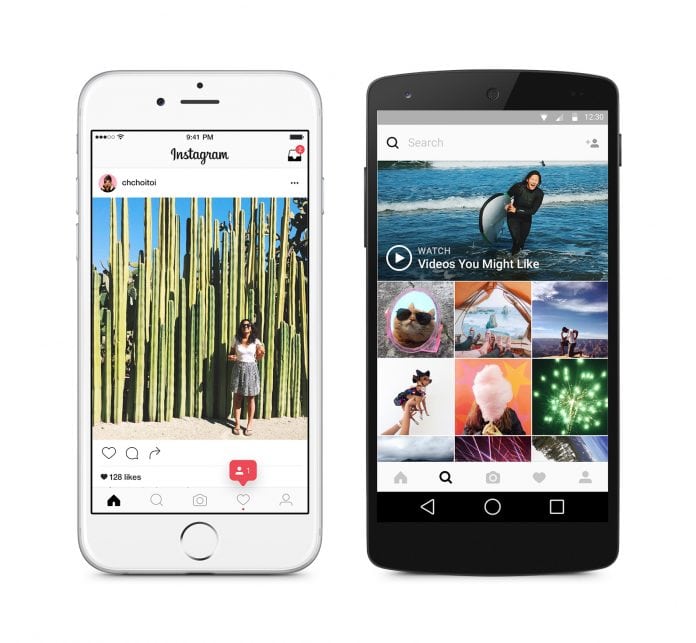
Instagram is the worst social networking app for young people’s mental health, followed closely by Snapchat. These findings are revealed in a new report by the Royal Society for Public Health in the UK.
Their study surveyed almost 1,500 young people aged 14 to 24 on how certain social media platforms impact health and well-being issues such as anxiety, depression, self-identity and body image.
YouTube was found to have the most positive impact, while Instagram, Snapchat, Facebook and Twitter all demonstrated negative effects overall on young people’s mental health.
Instagram topped the list in terms of negative impact, most notably among young women. It draws them to “compare themselves against unrealistic, largely curated, filtered and Photoshopped versions of reality,” said Matt Keracher, author of the report.
“Instagram easily makes girls and women feel as if their bodies aren’t good enough as people add filters and edit their pictures in order for them to look ‘perfect,’ ” an anonymous female respondent said in the report.
The survey concluded that while Instagram negatively affected body image, sleep patterns and added to a sense of “FOMO” — the fear of missing out — the image app was also a positive outlet for self-expression and self-identity for many of its young users.
Platforms like Instagram and Facebook present highly curated versions of the people we know and the world around us. It is easy for our perspective of reality to become distorted.
Socializing from behind a screen can also be uniquely isolating, obscuring mental health challenges even more than usual.
YouTube was the only social media platform that demonstrated an overall positive impact on young people’s mental health in the study.
The report also found that it’s not just what young people are engaging with on social media but also how long they are engaging with it.
Young people who spend more than two hours per day connecting on social networking sites are more likely to report poor mental health, including psychological distress, according to the report.
“Platforms that are supposed to help young people connect with each other may actually be fueling a mental health crisis,” Shirley Cramer, chief executive of the royal society, noted in the report.
To address this, the society has also recommended the introduction of a pop-up warning to alert users that they have been online for too long.
Seven in 10 young people surveyed supported the recommendation, but with experts describing social media use as more addictive than cigarettes and alcohol, it’s not clear whether a “heavy usage” pop-up would be enough to break through that barrier.
- Create, schedule, and monitor your Instagram account with Hootsuite. Try it free today.





































